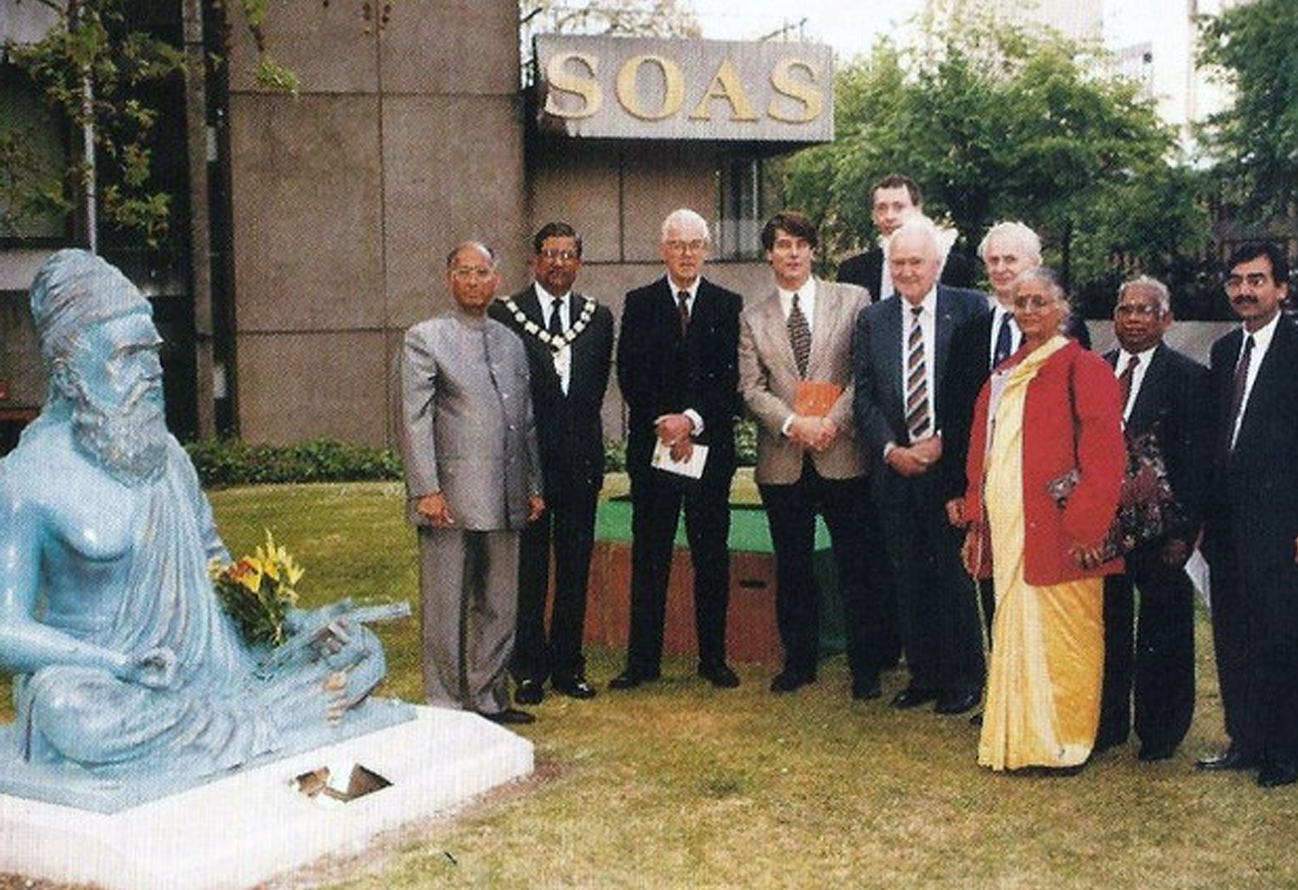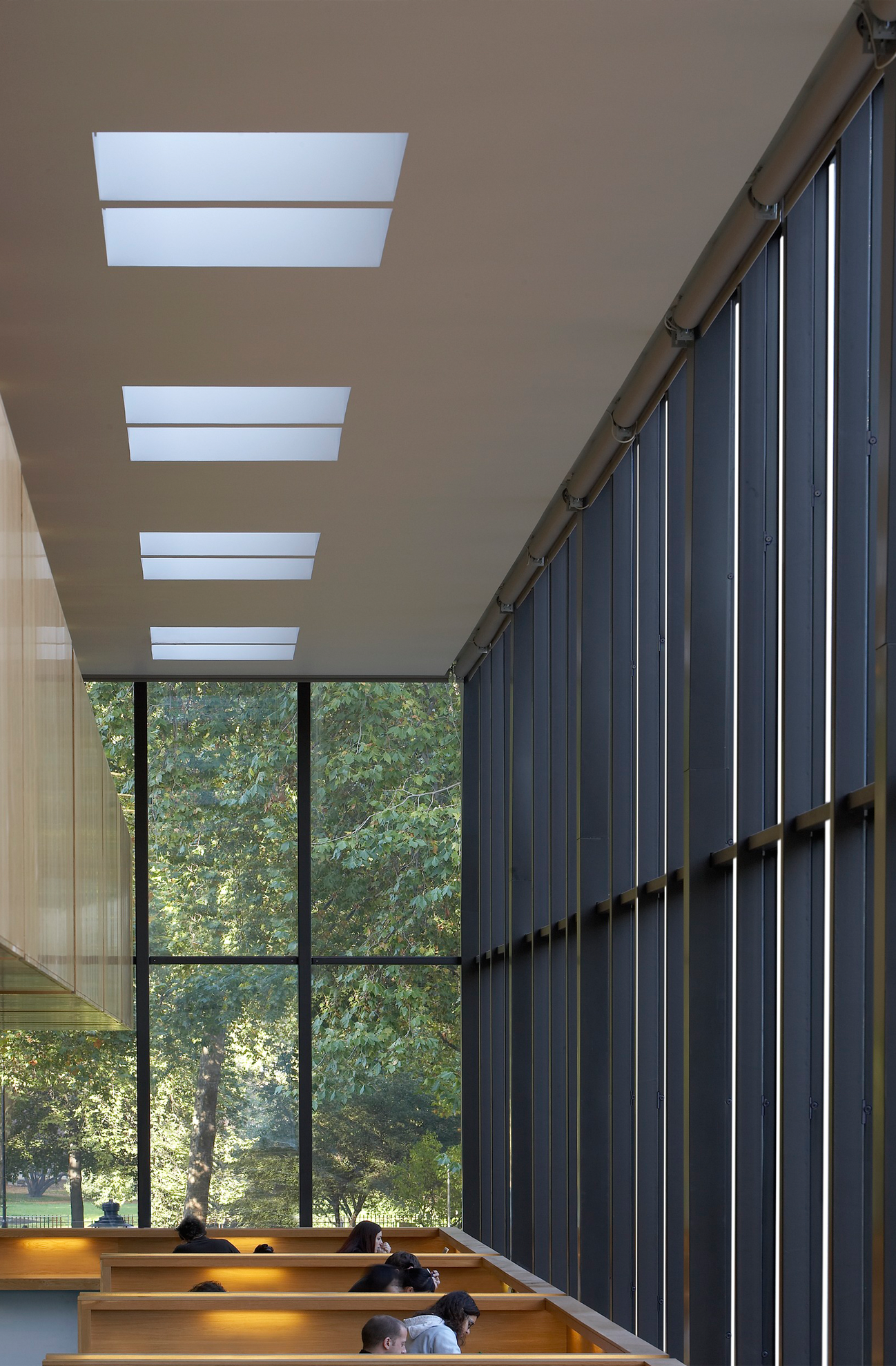Dr. Emilie J. Rutledge has been an Associate Professor of Economics since 2012 and is currently Head of the Economics Department at The Open University.

Emilie holds a Ph.D in Economics from the University of Durham (2006; fully funded by a scholarship from the UK Government’s Economic and Social Research Council), a Master’s in Economics (Birkbeck, University of London; with Distinction) and a Bachelor’s in Economics and Arabic (School of Oriental and African Studies, University of London; with First Class Honors).




Emilie has published over 20 peer-reviewed papers and is the author of “Monetary Union in the Gulf.” This book provides a thorough analysis of the six economies in terms of their economic structures and developments from 1981 to the mid-2000s. It considers their customs union, common market and monetary union ambitions with reference to Europe’s economic integration process.


For ten years Emilie taught economics at UAEU in the Emirate of Abu Dhabi. Whilst there she conducted research and provided consultancy services to various entities including, the Dubai Council for Economic Affairs, the Emirates Foundation for Philanthropy, the Federal Demographic Council and Abu Dhabi’s General Secretariat for the Executive Council.



Prior to her time in academia, Emilie was an economist at the Gulf Research Centre (then based in Dubai). Her non-academic, professional career also includes time at Investec Asset Management in the City of London, where she was a Fixed Income Analyst. She also worked for Her Majesty’s Treasury (the UK’s Finance Ministry), where she was a member of the Productivity and Structural Reform team.

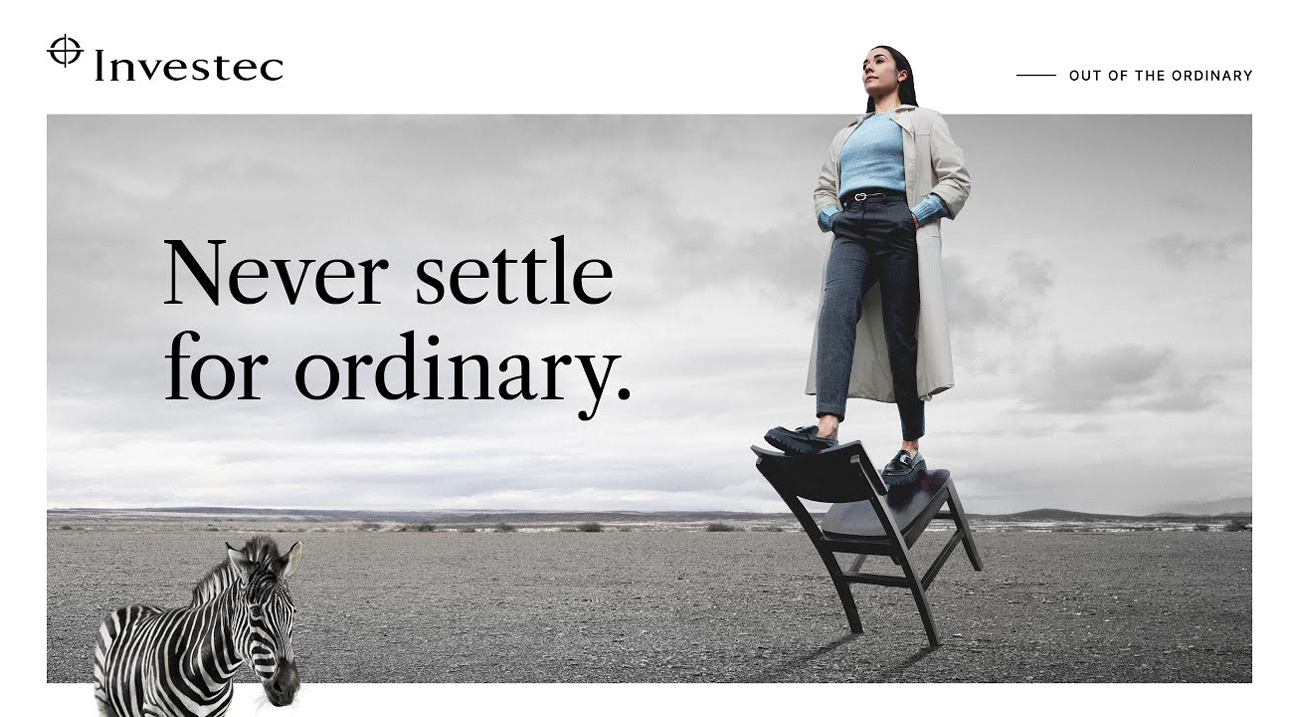
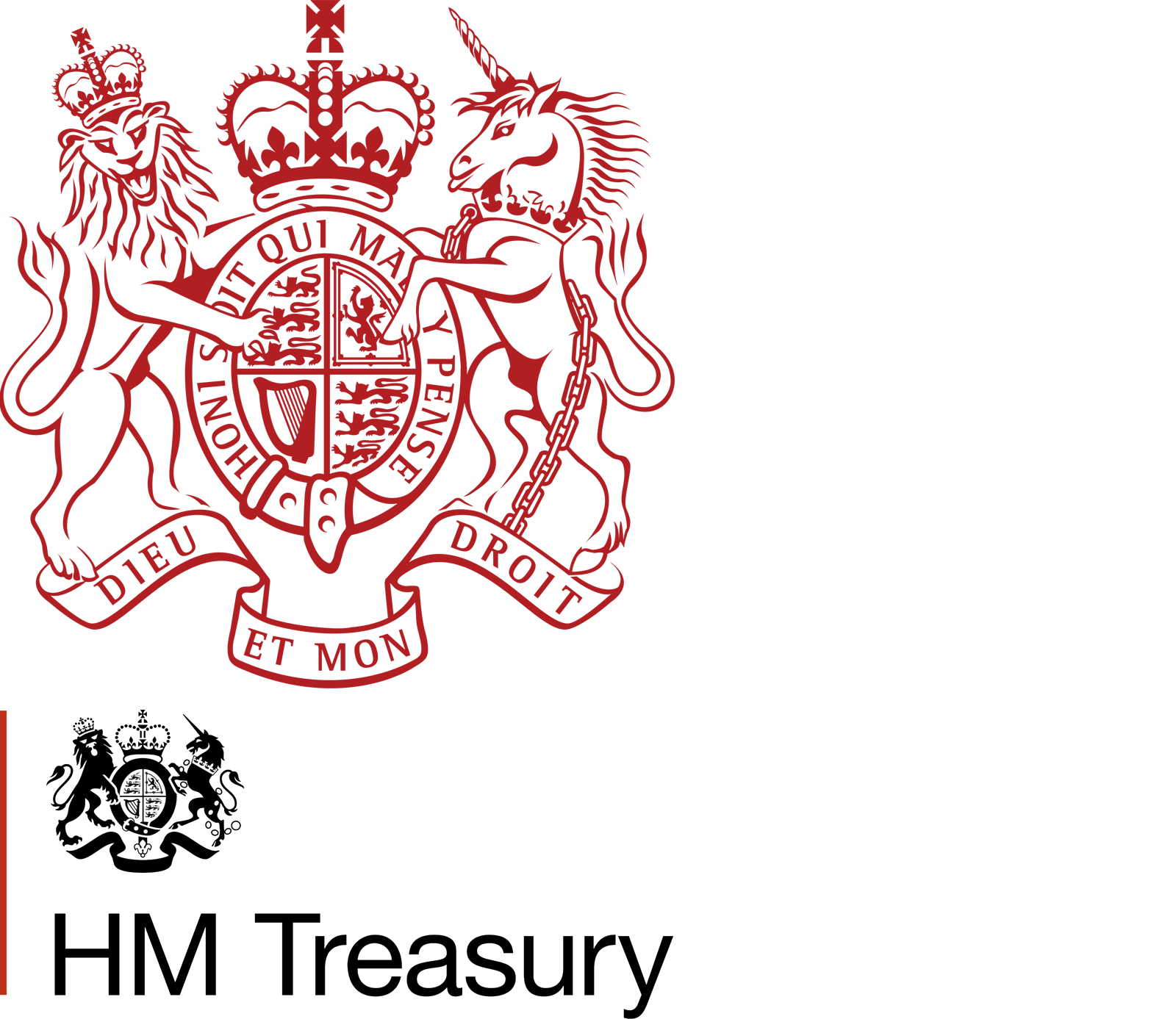

Research interests
Emilie’s current research focus is on employability, the feasibility of universal basic incomes and, the oil-rich Arabian Gulf’s economic diversification and labour market reform strategies.
Consultancy
On an ad hoc basis, Emilie provides consultancy.
Academic
Services to academia are twofold. First, support can be given with the design & management of credit-bearing university courses focused on the Arabian Gulf. Courses can be tailored to both undergraduate (e.g., introductory ones focusing on the economies of the Arabian Gulf in the global context) and postgraduate studies (i.e., MBAs and DBAs) where the focus tends to be on research methods, ethics and academic document production skills. The second form of assistance offered is with academic writing itself. This entails the editing and proof reading documents in their pre-publication stages.
Analytical
Research insight on the Arabian Gulf’s economic diversification strategies, the region’s labour market dynamics and the political-economy ramifications of resource wealth and oil-rent allocation. Previous clients include:
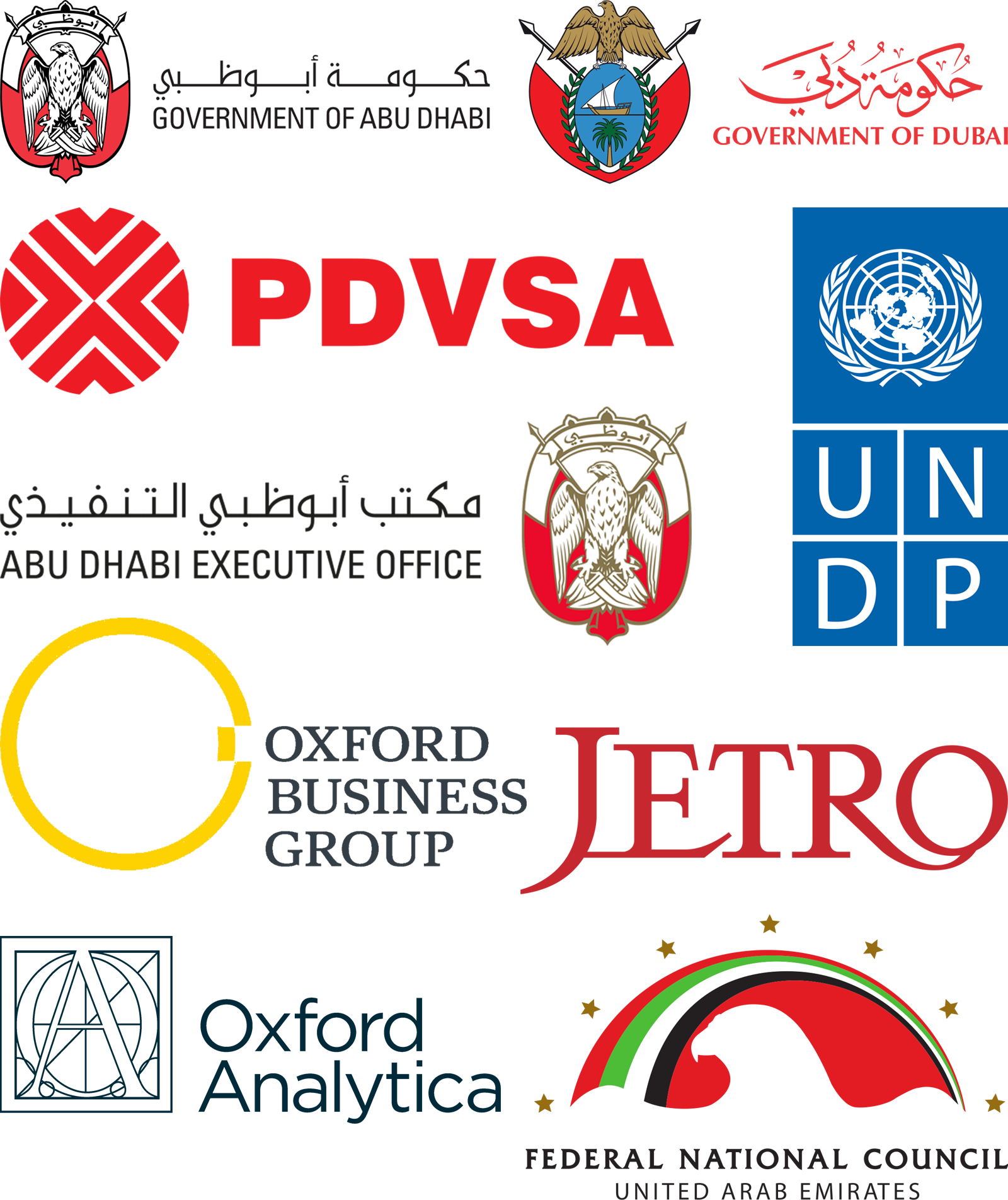
Contact
For enquiries, please use the form below.
Academia et al.
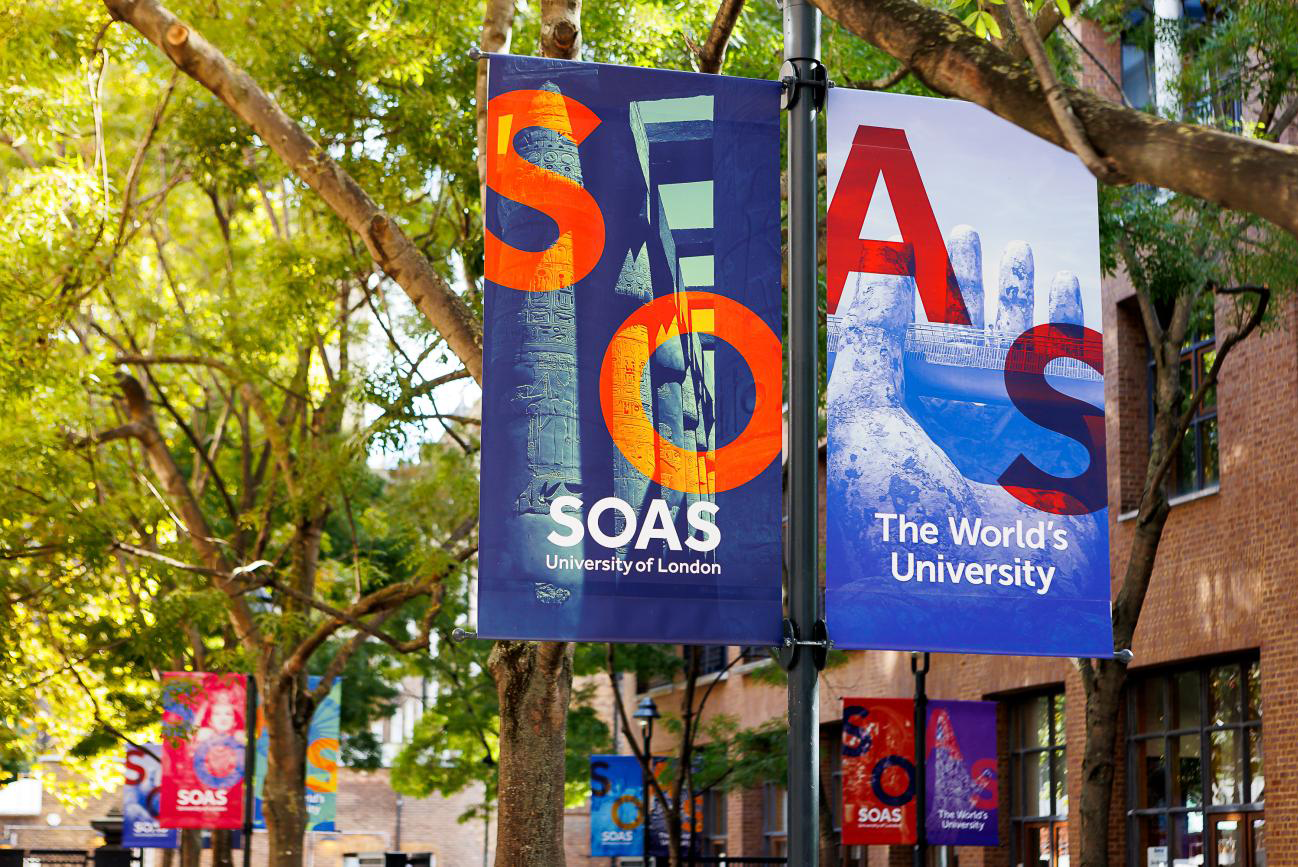
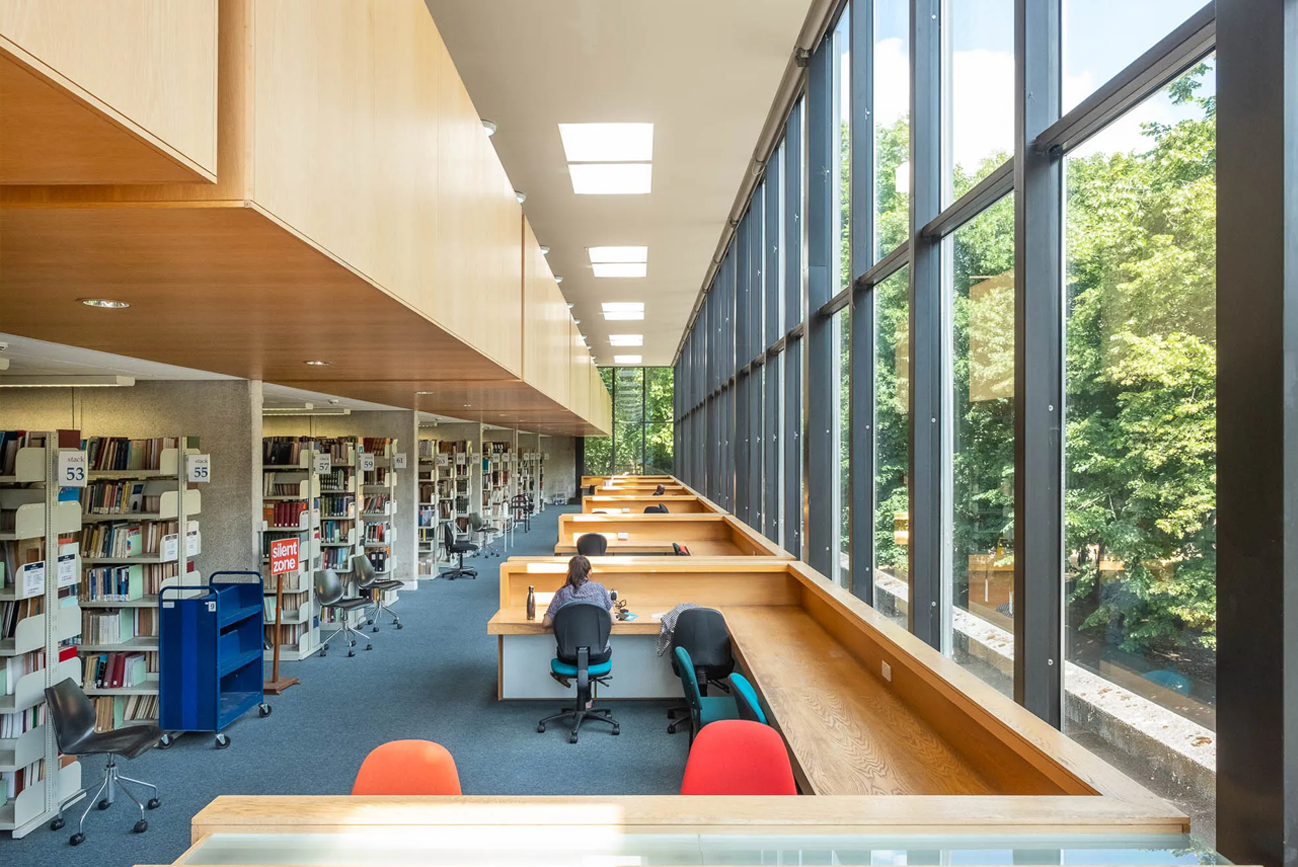
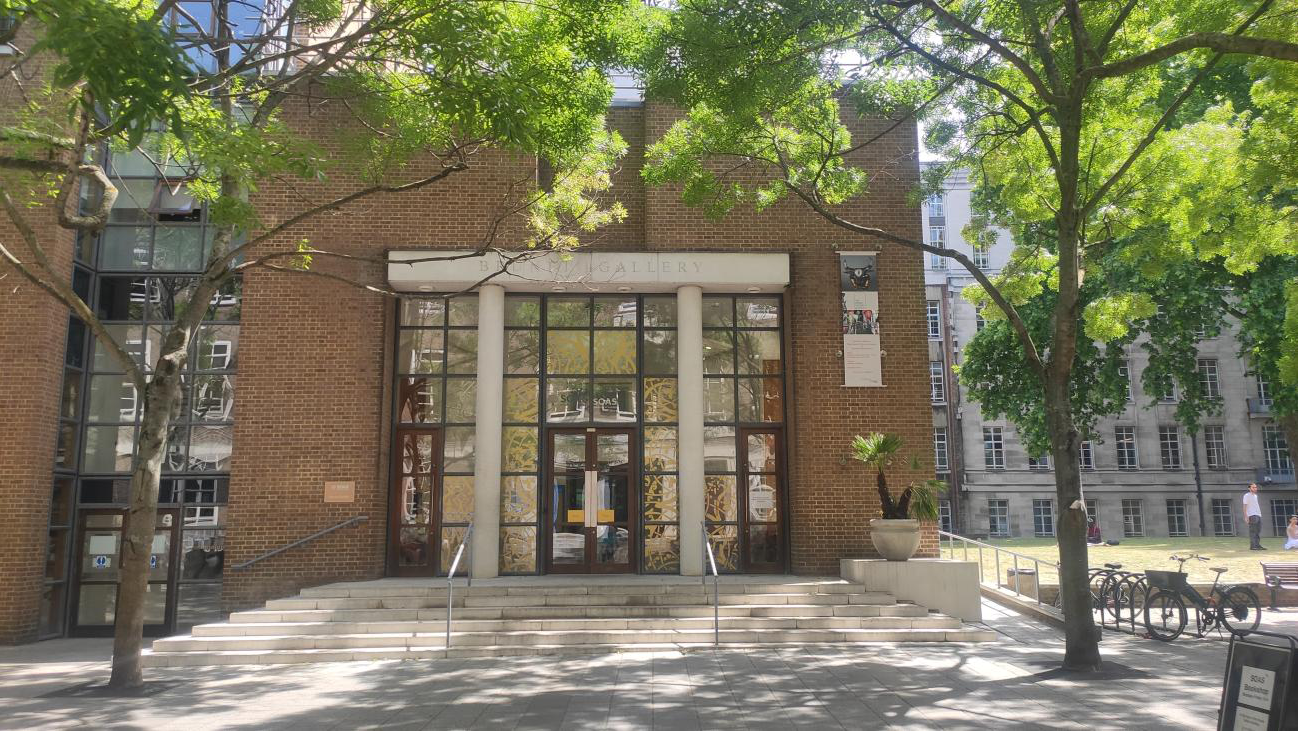
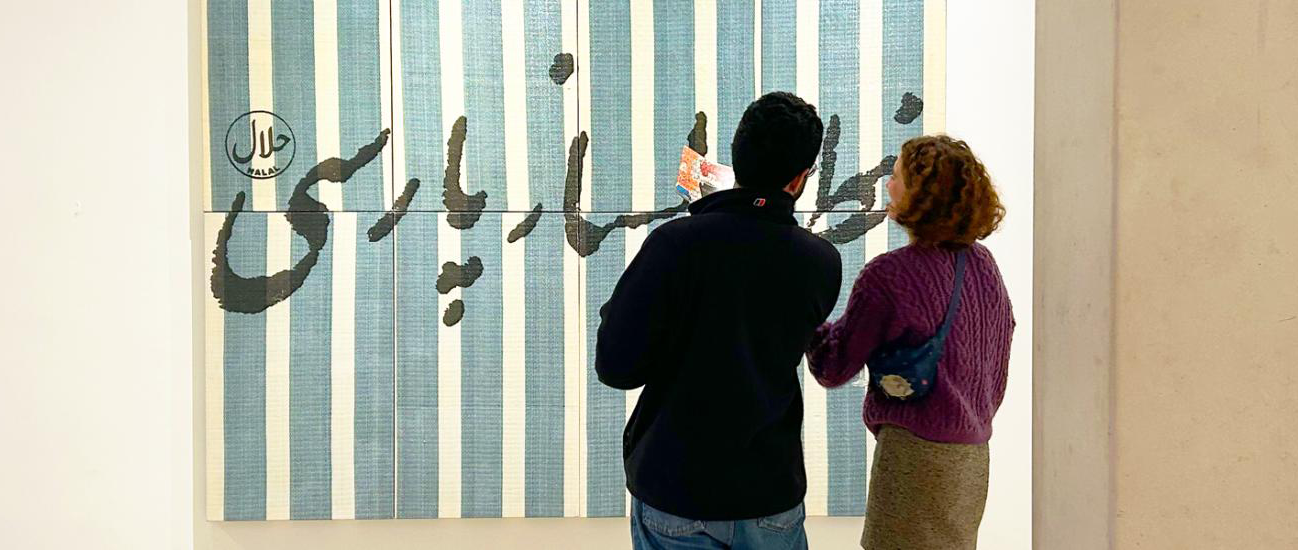
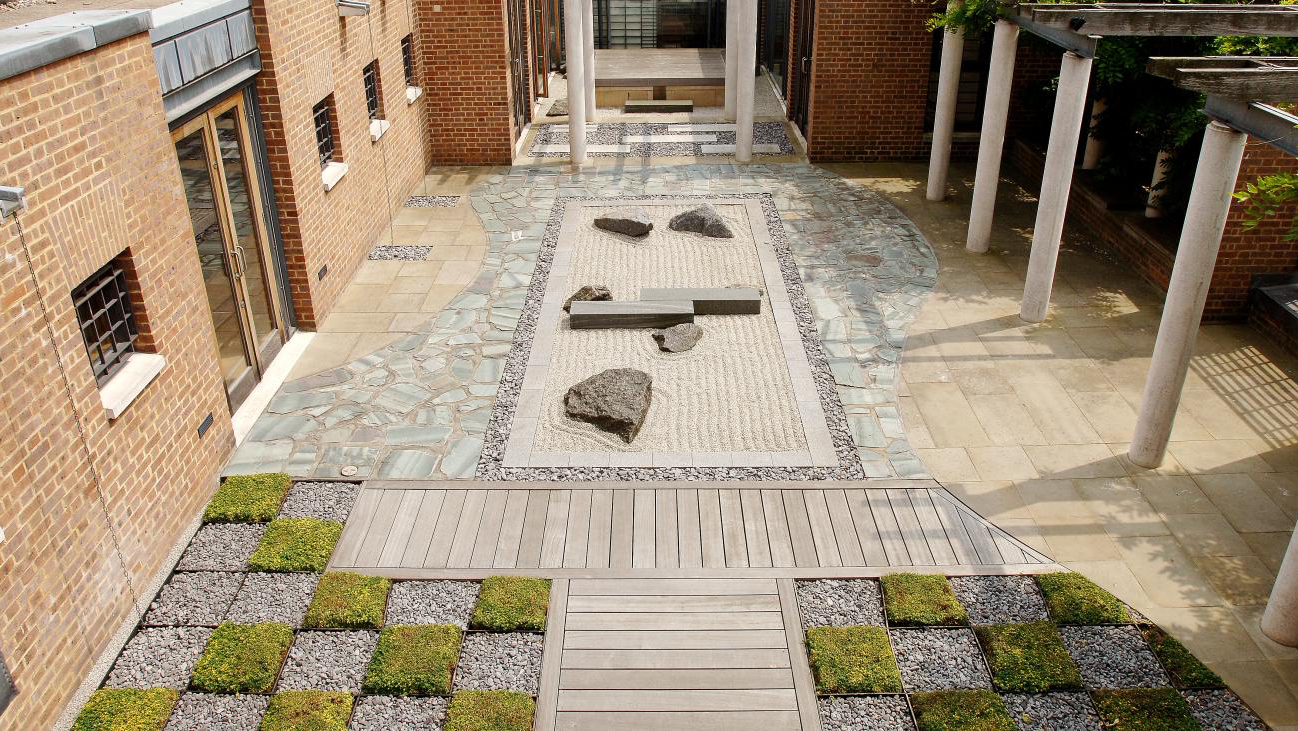
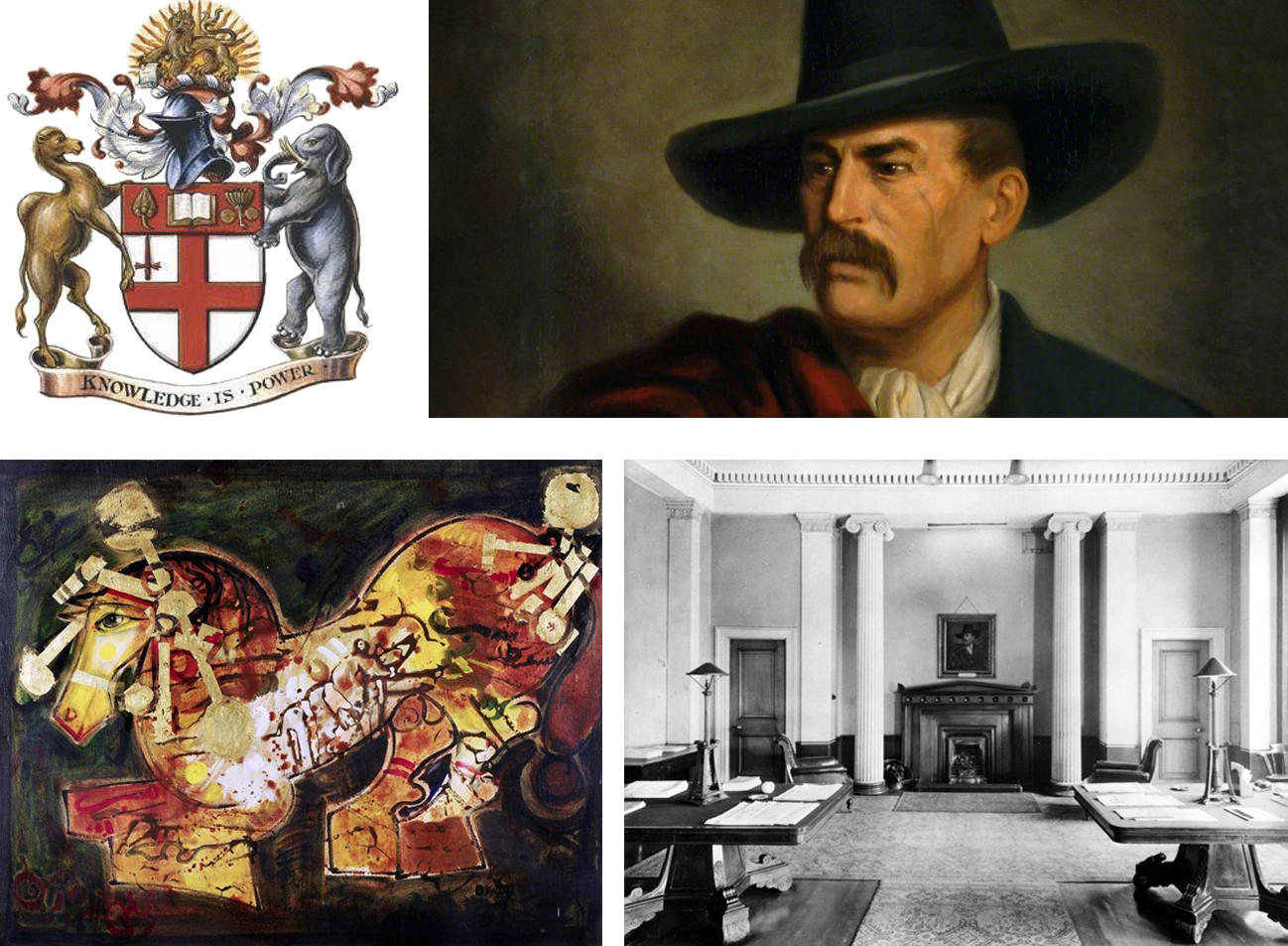
Clockwise from left. First is the original SOAS crest (seen rarely nowadays). Second is a crop of a portrait of the British explorer etc., Sir Richard Burton. Third is a black and white photograph of the Burton portrait hanging in the Common Room, formerly the Newspaper Room at the original School in Finsbury Circus, 1930s (photographed to accompany an article in Country Life magazine). Fourth and finally is a painting by Nāṣir Uvaysī, “Painting of a horse.” This can be seen in the SOAS Gallery. Of the work, he says: “I pay homage to the horse in my work because it is a creature that has served [humankind] in innumerable ways, and before all our modes of transportation were invented the horse helped cultures and civilizations spread.”
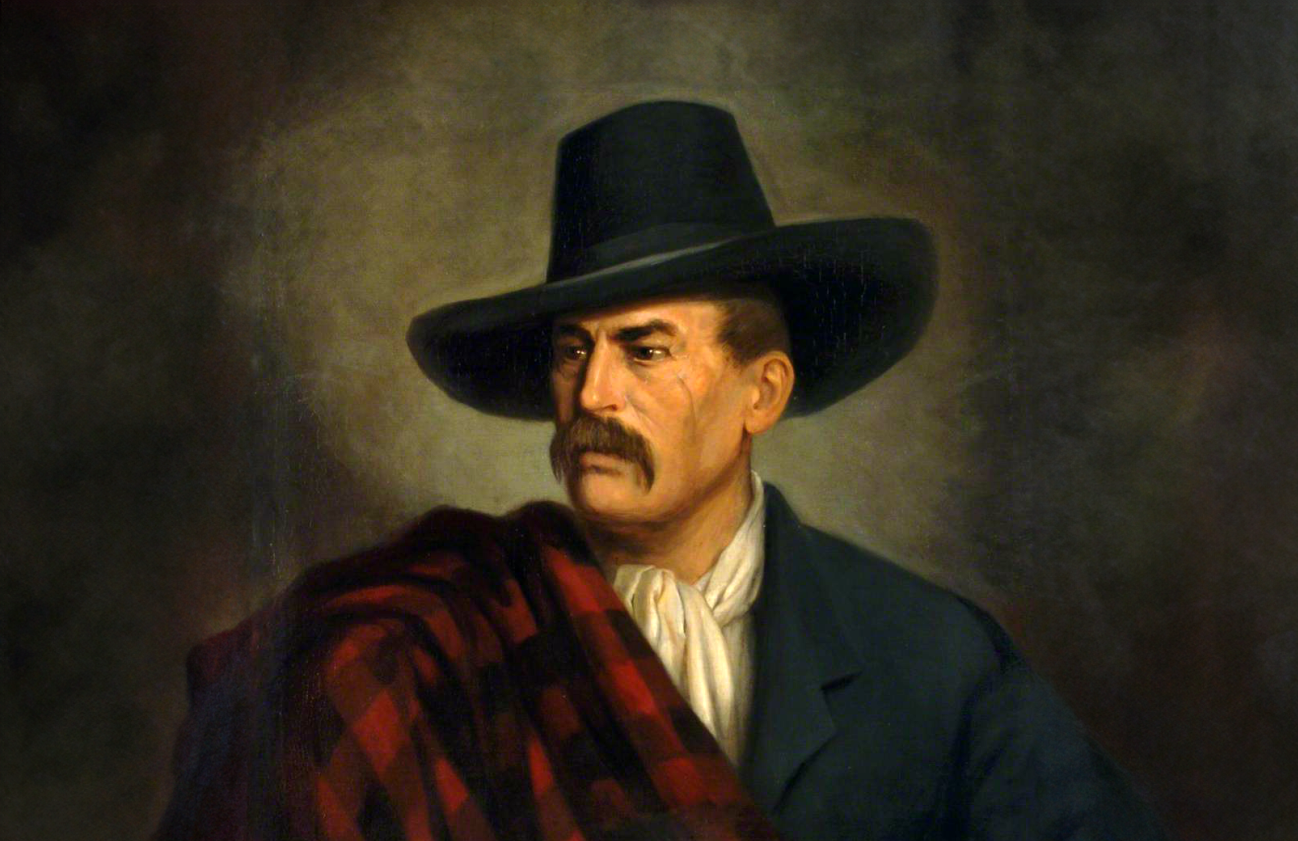
The painting was presented to SOAS by the Marchioness of Cholmondeley. After leaving the Finsbury Circus premises, it was hung in the staff common room at the Russell Square campus. Burton was a British explorer, writer, orientalist, cartographer, spy, poet and diplomat. According to the London publishing house, Eland books: “Richard Burton was one of the greatest Victorian explorers as well as being an innovative translator and a pioneer in the fields of anthropology and psychology.” Read more on Sir Richard Burton.
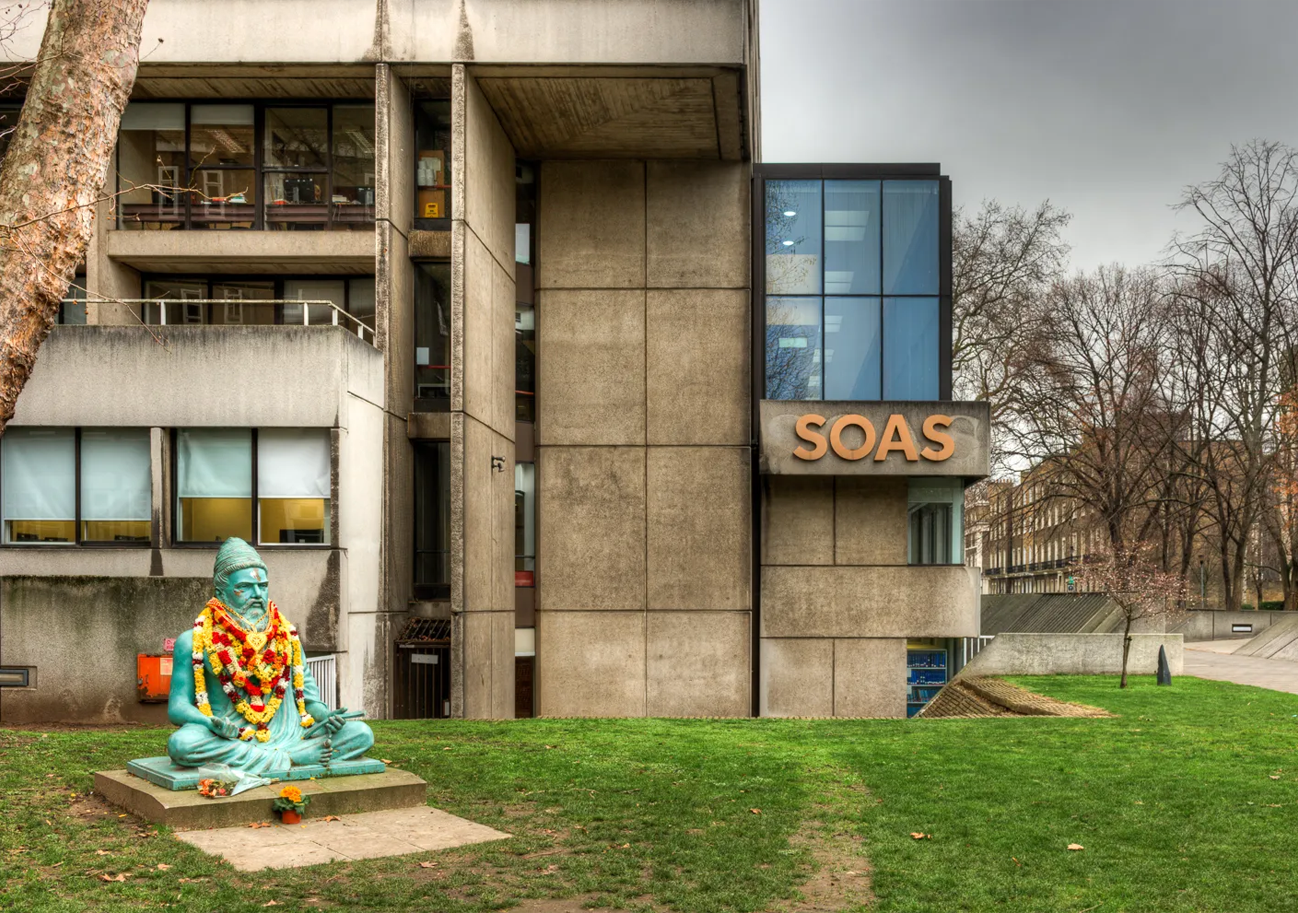
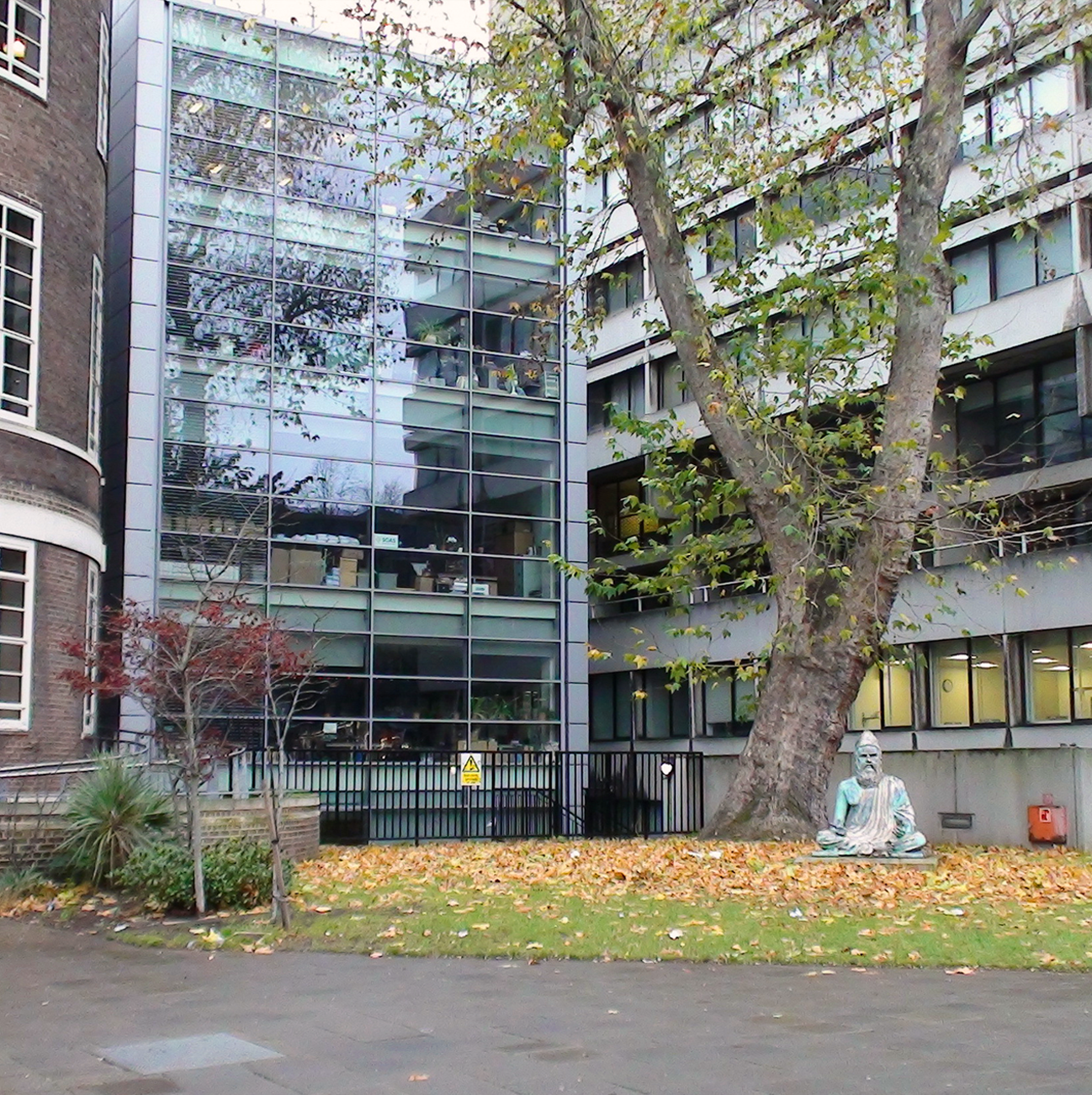
According to Dr. Stuart Blackburn (interviewed in 2002) the statue of Thiruva’l’luvar, has been compromised somewhat over the years, “The plaque noting him a Tamil scholar and the palm-leave book [that was] in his left hand [have been] missing for some time.”
